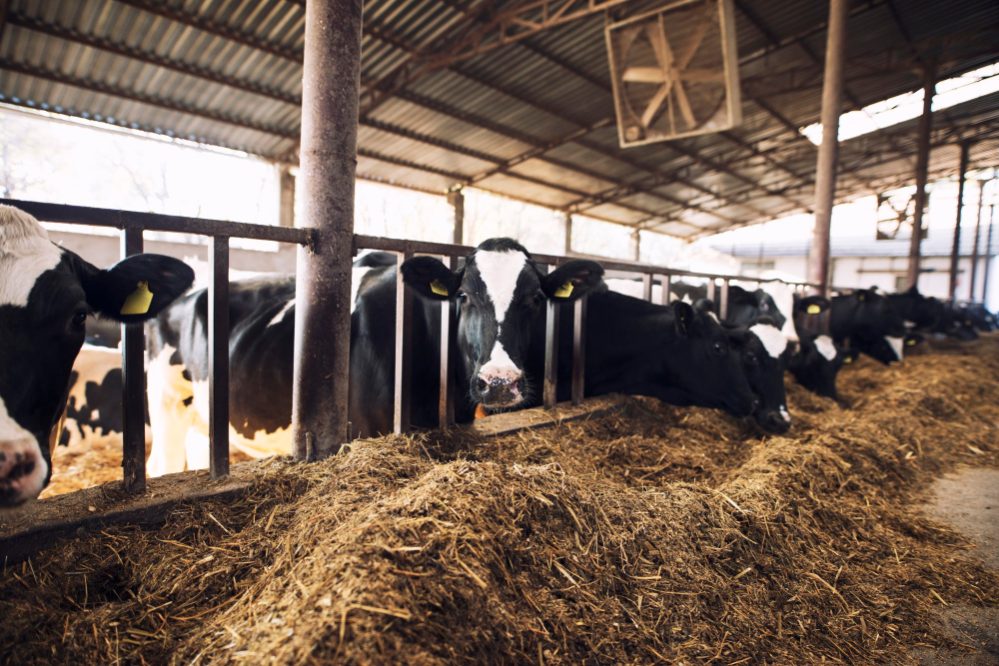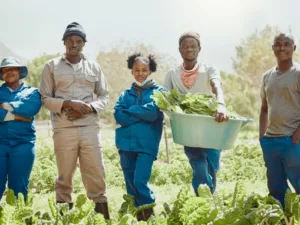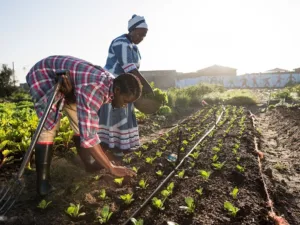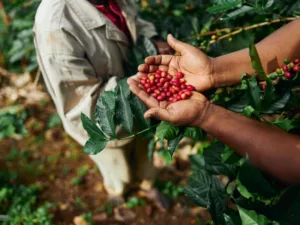Who is this course for?
Climate-Smart Agriculture (CSA) in dairy farming is intended for farmers, particularly those involved in dairy production. It provides strategies and practices to enhance productivity, resilience, and sustainability while mitigating the impact of climate change. By adopting CSA principles, farmers can improve their livelihoods, reduce environmental impact, and contribute to a more resilient and sustainable dairy sector.
What will you learn?
- Better Feeding Practices: Utilizing crop by-products and establishing fodder banks contribute to efficient feeding. These practices enhance milk production while minimizing environmental impact and improved pasture species and planted legumes also play a crucial role in providing nutritious feed for dairy cattle.
- Manure Management: Proper handling and management of manure reduce greenhouse gas emissions. By adopting climate-smart techniques, farmers can enhance nutrient recycling and minimize environmental pollution.
- Agroforestry: Integrating trees and shrubs into dairy farming landscapes helps improve soil health, provides shade for livestock, and sequesters carbon. Agroforestry contributes to both climate resilience and productivity .
- Reducing Cattle Numbers: Transitioning to fewer, more productive cattle helps reduce emissions per unit of milk. This shift aligns with climate-smart goals and sustainable dairy production.








